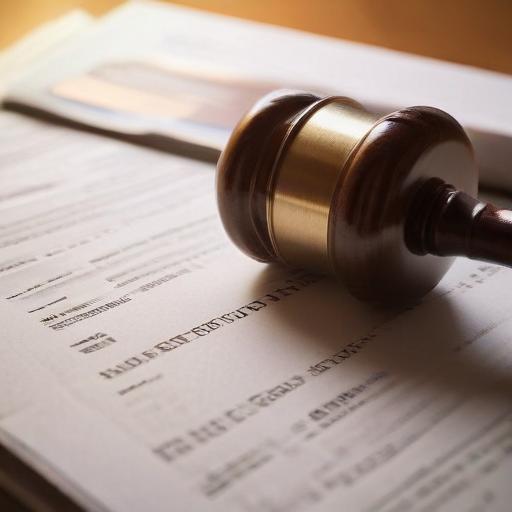Attorney General Pam Bondi announced on Saturday the dismissal of criminal charges against Dr. Michael Kirk Moore, a Utah plastic surgeon previously undergoing trial for allegedly producing counterfeit COVID-19 vaccination records. Dr. Moore had been indicted by the Justice Department in 2023 for allegedly destroying over $28,000 worth of government-funded COVID-19 vaccines and selling nearly 2,000 falsified vaccination cards for cash or donations to a charitable cause.
Throughout the trial, Dr. Moore maintained his innocence by pleading not guilty. His legal team contended that the regulations imposed by the CDC on COVID-19 vaccinations were unconstitutional. The allegations against him included the distribution of saline shots to minors who believed they were receiving legitimate vaccine doses, a claim attributed to parental request. Additionally, he and his co-defendants faced serious charges related to the conspiracy to sell and misappropriate government property, specifically COVID-19 vaccines.
Charges had included the sale of fake vaccination cards at $50 each, during a scheme reported to have occurred from May 2021 to September 2022. One of Dr. Moore’s co-defendants has entered a plea agreement for a misdemeanor, while another is on a diversion agreement, leaving one co-defendant still facing trial.
The dismissal of charges was framed positively by Bondi, who expressed gratitude towards Rep. Marjorie Taylor Greene, a vocal critic of COVID-19 vaccination mandates, for advocating for Moore. Bondi stated, “Dr. Moore gave his patients a choice when the federal government refused to do so.”
In a related note, the announcement coincides with tensions within the Justice Department, particularly after a clash between Bondi and FBI Deputy Director Dan Bongino regarding the ongoing review of the Jeffrey Epstein investigation, promoting a sense of uncertainty within the department’s leadership.
This development reflects a growing dialogue on individual rights, medical autonomy, and the politics surrounding health regulations in the United States. The ongoing discourse showcases the complexity of legal interpretations in the context of public health policies, especially during unprecedented times such as a pandemic.
As this case evolves, its implications could foster further discussions on vaccine mandates and governmental authority in public health matters, emphasizing the need for transparency and citizen choice in medical decisions.
